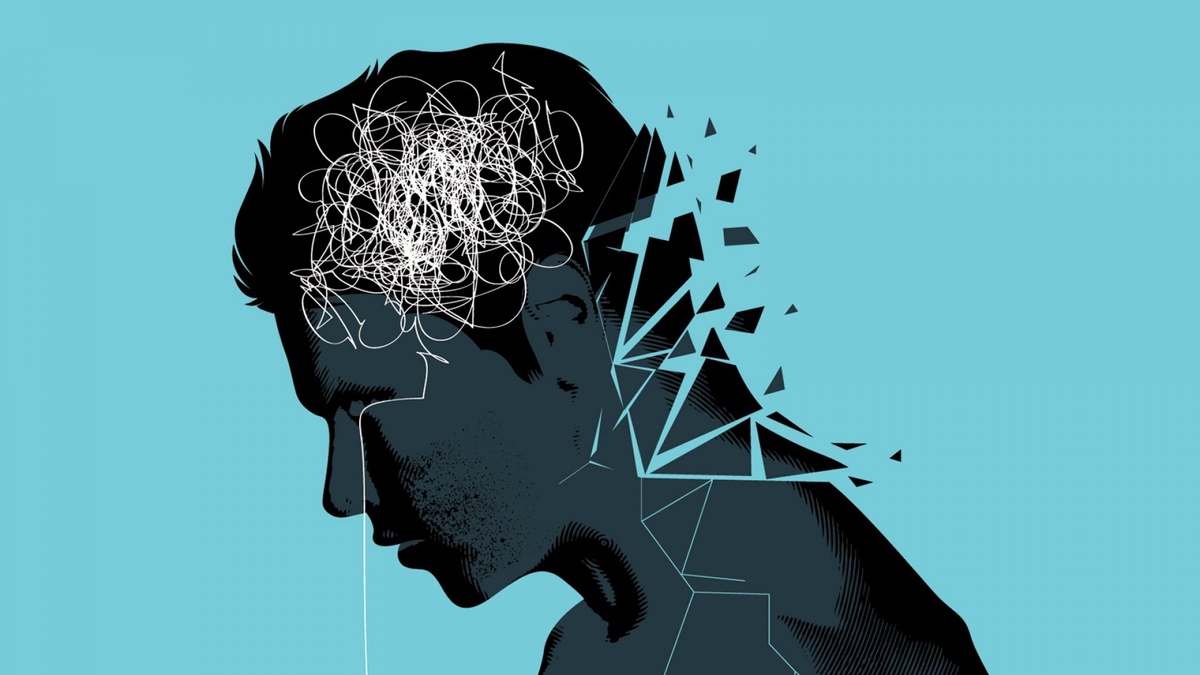How can social anxiety manifest itself?
A person with social anxiety disorder experiences severe difficulty when they are in social situations, engaging with others, or when they are being watched by others. While everyone has occasional anxiety in social settings, such as when making a speech or meeting new people, those who suffer from social anxiety suffer from excessive and disproportionate distress in these circumstances. Frequently, they fear humiliation in public or criticism from others, to the point that they may completely shun social gatherings. Individuals suffering from this disorder might be able to identify that their anxiety of social situations is unfounded, but they are unable to "turn off" these emotions since they are so genuine to them.
Although the causes of social anxiety might range from person to person, they can include:
getting to know new individuals
In front of a gathering of people
Speaking in public with strangers
Eating in public view of others
Dating
utilizing a public restroom
Going alone into a room
Attending events
What is the root cause of social anxiety?
Similar to other forms of anxiety, social anxiety probably has multiple causes. It is believed that a person's susceptibility to social anxiety disorder is influenced by a mix of social, environmental, and genetic factors. Among them are:
Having a close relative who experiences social anxiety
being the victim of abuse and/or neglect, particularly if it occurs in childhood
Being in stressful circumstances, such familial strife
experiencing bullying or rejection
Learn more about the factors that lead to anxiety.
Symptoms of social anxiety
Depending on their individual experiences and the severity of their disorder, each person may have different symptoms of l anxiety. However, there are a few typical signs to be aware of in order to diagnose social anxiety.
Psychological signs and symptoms
Physical signs and symptoms
Excessive anxiety and uneasiness in social settings
Being extremely cautious of oneself around others
Weeks of worrying over a social occasion and endless replays of it in your mind afterward
Feeling as though your mind has "gone blank" or having trouble communicating in front of others
Absences from job or education due to anxiety
Having the impression that you must consume alcohol in order to participate at a social event having a low sense of self-worth and being delicate to criticism
Strategies for overcoming social anxiety
Although managing anxiety can seem overwhelming, there are few helpful things you can do. Discuss your feelings with a family member or close friend. By talking to someone about your social anxiety, you may help them better understand your triggers, recognize when you might be feeling uneasy, and provide you with assistance.
Give yourself some time.
It's crucial that you make an effort to set aside time each day for relaxing or enjoyable activities. This could be enjoying your favorite music, taking a hot bath, or going for a stroll. Engaging in these activities can improve your mood and cause the brain's "feel good" hormones to be released, which can reduce anxiety. Prior to a social event, engaging in one of these mood-boosting activities can also be beneficial since it can elevate your mood and reduce feelings of fear.
Practice breathing exercises and relaxation methods.
Try inhaling deeply, holding it for a few seconds, and then gently exhaling if you're feeling nervous. Repeating this several times can assist your body transition from a "fight or flight" response to a more relaxing, natural state. Another option would be to consider taking a yoga class or learning some relaxing techniques like meditation. If doing something in person would make you nervous, there are a ton of materials available online, and some classes might even be offered virtually.
Treatment for social anxiety
Although asking for assistance can be intimidating, doing so is crucial to beginning your recovery process. Therapy and medication are the two main therapies for anxiety.
Counseling
Social anxiety can be treated using a variety of therapeutic approaches, the most successful of which being cognitive behavioral therapy (CBT). CBT for anxiety helps you learn to replace your negative beliefs and thoughts about social settings with constructive ones by challenging them. This can make you feel less anxious while interacting with people and give you a lot more positive and healthy perspective on social situations. For the treatment of social anxiety, exposure therapy, which includes exposure response prevention (ERP), is another useful method. In this therapy, your therapist will guide you as you are progressively exposed in carefully graded steps to social situations that you fear. You may first experience worry in these situations, but eventually, you will come to the realization that there is nothing to fear and that nothing horrible is happening. Work on anxiety management and emotional regulation is another way to address social anxiety. These methods are intended to assist you in calming your racing thoughts prior to interacting with others.
Drugs
Treating social anxiety with prescription drugs is another successful strategy. Selective serotonin reuptake inhibitors (SSRIs), which also have antidepressant qualities, are the most widely prescribed class of drugs. When used in conjunction with therapy, this can be beneficial since it provides an extra layer of defense against the symptoms of social anxiety. Medications such as beta-blockers and anxiolytics are also possible options for treating social anxiety.


No comments yet